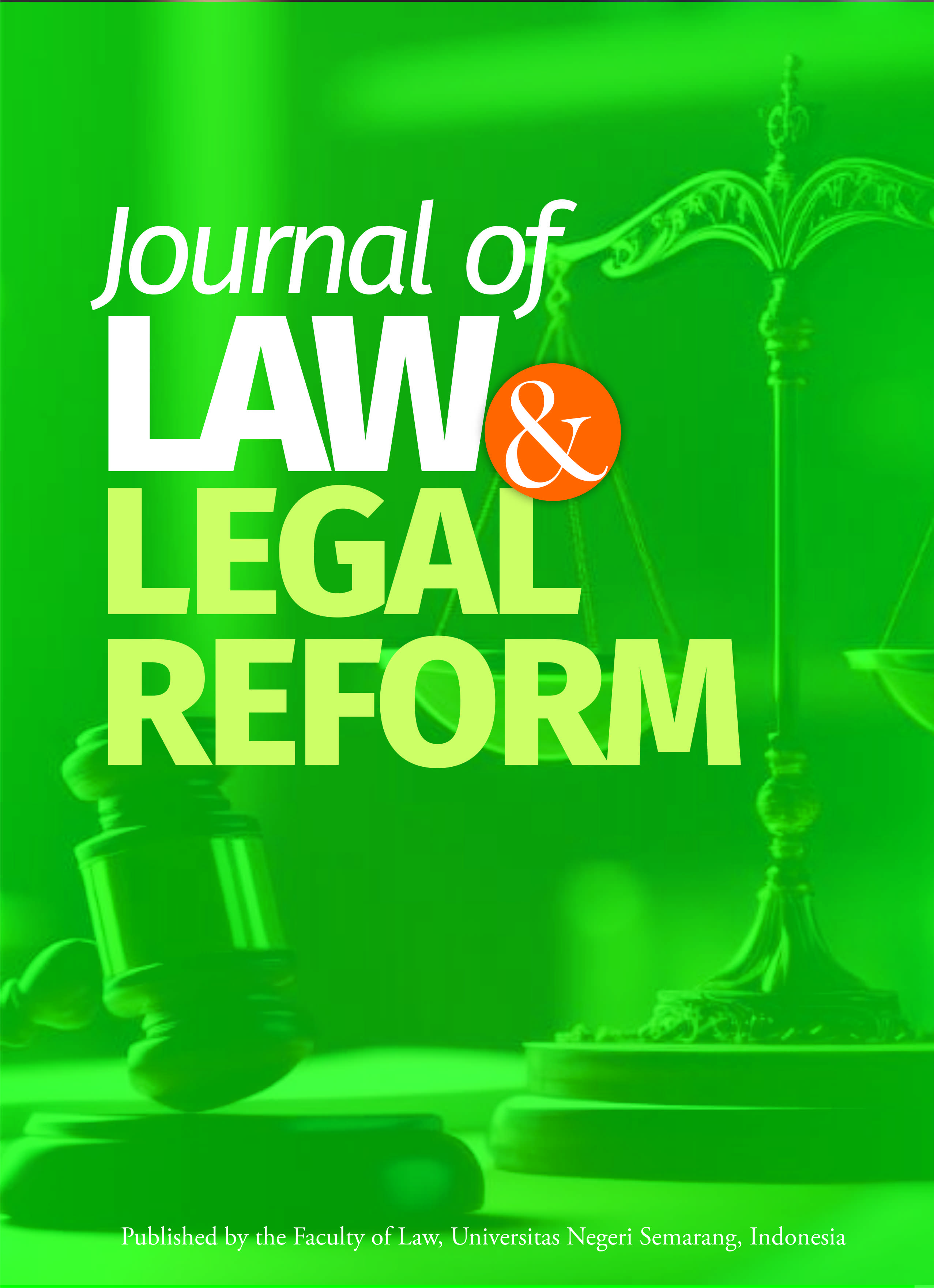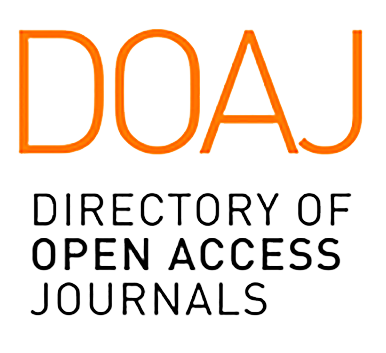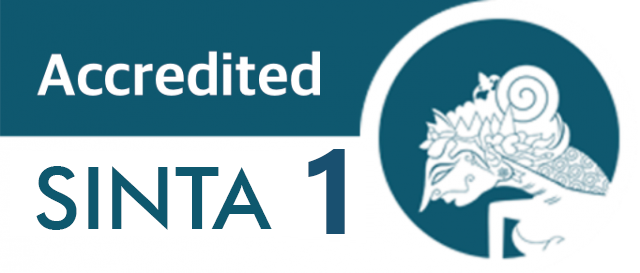The Role of Music Aggregator Distribution Toward Music Performers in View of the Three Pillars of the Copyright System
DOI:
https://doi.org/10.15294/jllr.vol5i1.2201Keywords:
Copyright, Music Performers, Music Aggregators, Digital Streaming PlatformsAbstract
One of the works of art that is closely related to human life and economic value is music. The existence of music and songs include the scope of intellectual property copyright section. Copyright arises automatically to get protection and has economic value for its creator. Music actors, in this case the creator, can publish the results of their creativity more quickly to the general public through Music Aggregator. This becomes a commercial digital service provider in the form of a digital streaming plaform by distributing music that can be accessed anywhere and by anyone. This approach seeks to review the role of Music Aggregators in carrying out the distribution of music to the music performers in terms of the three pillars of the copyright system, namely by reviewing legislation number 28 of 2014 concerning copyright. In this case, as government support in making regulations that guarantee the rights of creators and legal protection of the works produced, it has been fulfilled but not fully because there is no specifically regulated copyright protection on digital platforms (Regulation). Infringement of musical copyright works on digital streaming platforms needs to be addressed through effective and efficient law enforcement, employing both litigation and non-litigation processes (Law Enforcement). The National Collective Management Institute, authorized to oversee the commercialized management of musical copyright works by Music Aggregators, play an important role in optimizing the function of royalty management. This involves facilitating the relationship between Music Actors as copyright holders and Music Aggregators as copyright users (Management).
References
Adawiyah, Robiatul, and Rumawi Rumawi, “Pengaturan Hak Kekayaan Intelektual Dalam Masyarakat Komunal di Indonesia,” Repertorium 10, no. 1 (2021): 1–16.
Akbar, Muh. Habibi, and Mukti Fajar ND. “Mekanisme Pembayaran Royalti Lagu dan Musik dalam Aplikasi Streaming Musik,” Media of Law and Sharia 1, no. 2 (2020): 81–94.
Amanda, Rissa. “Music Streaming dalam Industri Musik Era Industri 4.0,” Jurnal Studi Komunikasi (Indonesian Journal of Communications Studies) 6, no. 1 (2022): 358–82.
Ardiansyah, Muhammad Dwi, Kanti Rahayu, and Imam Asmarduin. Pengaturan Pemberian Royalti atas Hak Cipta Aransemen Lagu di Indonesia dan Amerika Serikat. (Jakarta: Penerbit NEM, 2021).
Attamimi, Zeehan Fuad, and Fadhil Umar. "Tinjauan Yuridis Terhadap Hak Kekayaan Intelektual (HKI) dalam Kemitraan Virtual Hotel Operator (VHO)." Journal Equitable 7, no. 2 (2022): 175-191.
Aucouturier, Jean-Julien, and Francois Pachet. "Representing musical genre: A state of the art." Journal of New Music Research 32, no. 1 (2003): 83-93.
Binus University, “Dampak Positif dan Negatif Revolusi Indutri 4.0 dalam Perekonomian dan Bisnis,” Onliine, 2020. Retrieved from https://accounting.binus.ac.id/2020/07/14/dampak-positif-dan-negatif-revolusi-indutri-4-0-dalam-perekonomian-dan-bisnis/
Desmayanti, Rakhmita “Undang-Undang Hak Cipta Indonesia Dan Undang-Undang Hak Cipta Malaysia: Perlindungan Dan Penerapan (Sebuah Perbandingan),” ADIL: Jurnal Hukum 4, no. 2 (2019): 371–395.
Disemadi, Hari Sutra et al., “Perlindungan Hak Eksklusif Atas Ciptaan Digital Painting dalam Tatanan Hak Kekayaan Intelektual di Indoensia,” Widya Juridika 4, no. 1 (2021): 41–52.
Disemadi, Hari Sutra, and Wiranto Mustamin, “Pembajakan Merek dalam Tatanan Hukum Kekayaan Intelektual di Indonesia,” Jurnal Komunikasi Hukum (JKH) 6, no. 1 (2020): 83–94.
Fadryona, Riesti. “The Spotify Effect: Peranan Spotify for Artists Dalam Industri Musik 4.0,” Jurnal InterAct 9, no. 2 (2021): 96–109.
Faruqi, Muhammad Arkan, Fathiya Nur Rahmi, and Fasya Syifa Mutma, “Integrated Marketing Communication Pada Album ‘Romansa Ke Masa Depan,’” Jurnal Manajemen Komunikasi 6, no. 2 (2022): 183-199.
Girsang, Junimart, et al. “Pertanggungjawaban Hukum Perusahaan Asuransi Terhadap Penolakan Klaim atas Kehilangan Kendaraan Bermotor” Justitia: Jurnal Ilmu Hukum dan Humaniora 7, no. 4 (2020): 819–829.
Halloran, Mark, and Edward Ned R. Hearn. "YouTube Music." In The Musician's Business and Legal Guide. (London: Routledge, 2017), pp. 78-90.
Hediati, Febri Noor. "The Implementation of Legal Protection and Law Enforcement on Royalty Management of Government Regulation Number 56 of 2021." Journal of Private and Commercial Law 10, no. 2 (2021): 1-18.
Imansah, Rifai. "Pengelolaan Royalti Musik dan Lagu di Platform Youtube." JIPRO: Journal of Intellectual Property 5, no. 1 (2022): 20-36.
Kaminskas, Marius, and Francesco Ricci. "Contextual music information retrieval and recommendation: State of the art and challenges." Computer Science Review 6, no. 2-3 (2012): 89-119.
Krisna, Made Ari Yudia and I Made Dedy Priyanto, “Tanggung Jawab Pihak Youtube Terhadap Pelanggaran Video Tanpa Izin Pencipta,” Kertha Negara: Journal Ilmu Hukum 7, no. 10 (2019): 1–17.
Latifiani, Dian. “Benda Bagi Hak Cipta Atau Merk Perusahaan,” Supremasi Hukum: Jurnal Penelitian Hukum 31, no. 1 (2022): 66–74.
Njatrijani, Rinitami, Herni Widanarti, and Mutia Adiva Aribowo. “Era Digital Melahirkan Peran Baru, Aggregator Musik dalam Mendistribusikan Karya Cipta Lagu dan Musik,” Diponegoro Private Law Review 7, no. 1 (2020): 689–99.
Noviani, Dini, et al., “Pengaruh Streaming Musik Terhadap Industri Musik di Indonesia,” Jurnal Bisnis Strategi 29, no. 1 (2020): 14–25.
Pangestu, Aryo Dwi. “Tinjauan Hukum Tentang Pembayaran Royalti Terhadap Karya Lagu dalam Aplikasi Streaming Musik (Spotify Music),” Thesis (Surakarta: Universitas Muhammadiyah Surakarta, 2022).
Prajana, Adya, Aisyi Syafikarani, and Nisa Nastiti. “Pemanfaatan Video Streaming Sebagai Media Pemasaran Pada Fitur Shoppe Live,” Jurnal Tanra 8, no. 52 (2021): 30–36.
Rabbani, Labib. "Peran Lembaga Manajemen Kolektif Nasional Sebagai Pengelola Royalty Hak Cipta Lagu dan Musik." Lex LATA 5, no. 2 (2023): 206-217.
Rahmanda, Bagus, Yuli Prasetyo Adhi, and Kornelius Benuf. "Law Enforcement in the Field of Music in the Spotify Application Program." Journal of Private and Commercial Law 5, no. 2 (2021): 155-166.
Ramadhanti, Ardistia, Maharina Nursaif, and Allief Muhammad Iqbal Taufik, “Motivasi Penggunaan Spotify Sebagai Media Penyebarluasan Karya Musik Musisi Indie Lokal,” Prosiding Industrial Research Workshop and National Seminar 10, no. 1 (2019): 904–16.
Republic of Indonesia. Peraturan Pemerintah Republik Indonesia Nomor 56 Tahun 2021 Tentang Pengelolaan Royalti Hak Cipta Lagu dan/Atau Musik. (Jakarta: Sekretariat Negara, 2021).
Rohmatulloh, Rohmatulloh, Anton Aulawi, and Alamsyah Basri, “Kesadaran Hukum Pekerja Musik Kota Serang Terhadap Hak Cipta Musik Ditinjau dari Undang-Undang No. 28 Tahun 2014 Tentang Hak Cipta,” Pro Patria: Jurnal Pendidikan, Kewarganegaraan, Hukum, Sosial, Dan Politik 5, no. 1 (2022): 114–129.
Rongiyati, Sulasi. “Perlindungan Hukum Hak Kekayaan Intelektual Pada Produk Ekonomi Kreatif,” Pusat Penelitian Badan Keahlian DPR RI 9, no. 1 (2018): 47.
Sulistianingsih, Dewi, and Apriliana Khomsa Kinanti, “Hak Karya Cipta Non-Fungible Token (NFT) dalam Sudut Pandang Hukum Hak Kekayaan Intelektual,” Krtha Bhayangkara 16, no. 1 (2022): 197–206.
Suteki, Suteki, and Galang Taufani. Metodologi Penelitian Hukum (Filsafat, Teori dan Praktik). (Depok: Rajawali Pers, 2018).
Ticonuwu, Ganesha Hizkia. "Perlindungan Hukum Atas Pencipta Musik Independent di Era Digital 4.0 di Indonesia." Lex Privatum 12, no. 2 (2023).
Tschmuck, Peter. "From record selling to cultural entrepreneurship: The music economy in the digital paradigm shift." In Business innovation and disruption in the music industry. (London: Edward Elgar Publishing, 2016), pp. 13-32.
Waspiah, Waspiah, et al. "How economic rights for SMEs protected? Analysis of national and international property rights law." Indonesian Journal of Advocacy and Legal Services 2, no. 1 (2020): 71-88.
Downloads
Published
Article ID
2201Issue
Section
License

This work is licensed under a Creative Commons Attribution-NonCommercial-ShareAlike 4.0 International License.
All writings published in this journal are personal views of the authors and do not represent the views of this journal and the author's affiliated institutions. Author(s) retain copyrights under a Creative Commons Attribution-NonCommercial-ShareAlike 4.0 International (CC BY-NC-SA 4.0).









